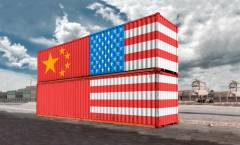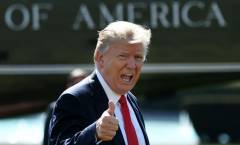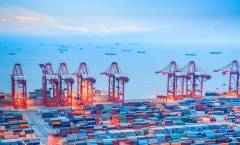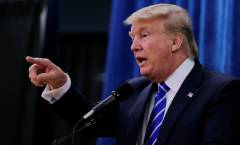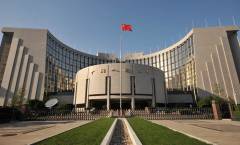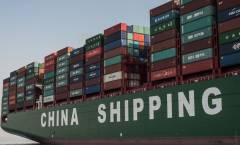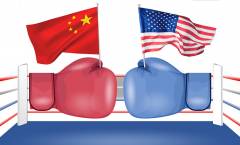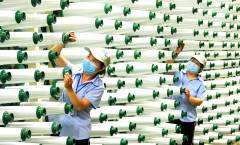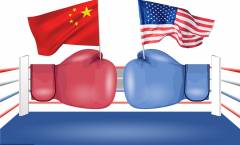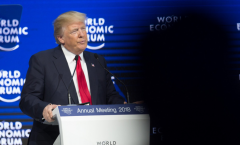China and ASEAN Single Draft Negotiating Text of COC to Secure South China Sea Stability
Wang Yi, Chinese State Councilor and Foreign Minister, attended China-ASEAN Foreign Ministers’ Meeting in Singapore on August 2. As the rotating chairman of ASEAN and coordinator of China-ASEAN relations, Foreign Minister of Singapore announced that China and ASEAN arrived at the single draft negotiating text of Code of Conduct (COC) on the same day. This is the first move towards substantive negotiations on the COC, and also a critical move and a milestone that lay foundation and provide essential safeguard for further talks. Δ Chinese State Councilor and Foreign Minister Wang Yi (First row, L3) attends the 25th ASEAN Regional Forum retreat held in Singapore on Aug 4, 2018.[Photo/ Xinhua] What is the single draft negotiating text of COC? The 14th Senior Officials’ Meeting on Implementation of Declaration on the Code of Conduct on the South China Sea (DOC), held last May, passed the framework of COC, indicating that negotiations had entered a new substantive stage. However, a series of difficulties and challenges exist in such stage, among which the foremost one is the drafting of the basic document. As Wang Yi depicted, the progress made in these negotiations can be compared to China and ASEAN building a new house together. In the past, eleven countries had 11 plans, but now, with China and ASEAN agreeing on a single draft […]
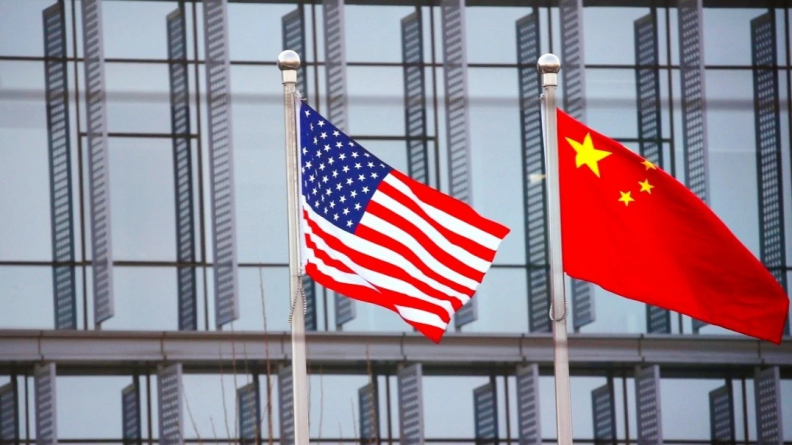
 Facebook
Facebook
 Twitter
Twitter
 Linkedin
Linkedin
 Google +
Google +


